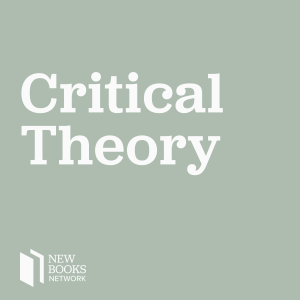
Richard J. Bernstein, "Why Read Hannah Arendt Now" (Polity, 2018)
 2019-11-20
2019-11-20
Download
Right click and do "save link as"
Nobody should feel excited about the renewed relevance of Hannah Arendt's work today. Her foresight about the fragility of democratic life is relevant for the worst possible reasons: populism, white supremacy, mass deception, the rise of fascism around the world, the coordinated assault on serious journalism, academia and any kind of responsible thought. Really, there's no reason to celebrate why the great analyst of totalitarianism, fascism, and anti-democratic forces and a thinker "in dark times" is so timely today.
But Arendt also insisted, in the preface to her 1968 collection of essays, “Men in Dark Times”: “Even in the darkest of times we have the right to expect some illumination.”
The philosopher Richard J. Bernstein is the author of Why Read Hannah Arendt Now (Polity, 2018). He met Arendt first in 1972, when he was a young professor and three years before her death. He explained to me why Arendt’s work should be read today with renewed urgency, because it provides illumination into the forces that shape our present. Instead of a dry academic exposé, I got a moving anecdote about his first meeting with Arendt ("the most intellectually exciting and erotic meeting") and a lucid yet impassioned explanation of Arendt's analysis of politics and of the human condition.
Bernstein is an American Philosopher who teaches at The New School in New York City, and has written extensively on American pragmatism, political philosophy, the Frankfurt School thinkers, the question of evil, on Jewish identity, and other topics. He is a public intellectual in the best sense of that word by taking thoughtful and principled positions on a range of issues that concern us all. His Why Read Hannah Arendt Now? is a succinct introduction to key themes in Arendt's work.
Uli Baer is a professor at New York University. He is also the host of the excellent podcast "Think About It"
Learn more about your ad choices. Visit megaphone.fm/adchoices
view more
More Episodes
012345678910111213141516171819
Create your
podcast in
minutes
- Full-featured podcast site
- Unlimited storage and bandwidth
- Comprehensive podcast stats
- Distribute to Apple Podcasts, Spotify, and more
- Make money with your podcast
It is Free
- Privacy Policy
- Cookie Policy
- Terms of Use
- Consent Preferences
- Copyright © 2015-2024 Podbean.com





